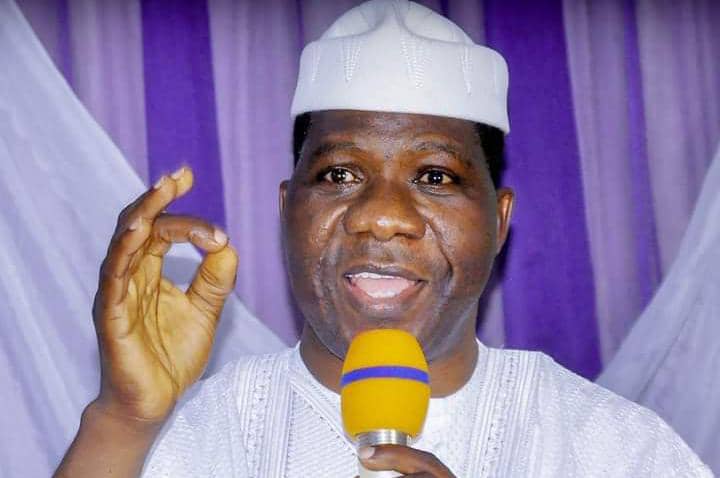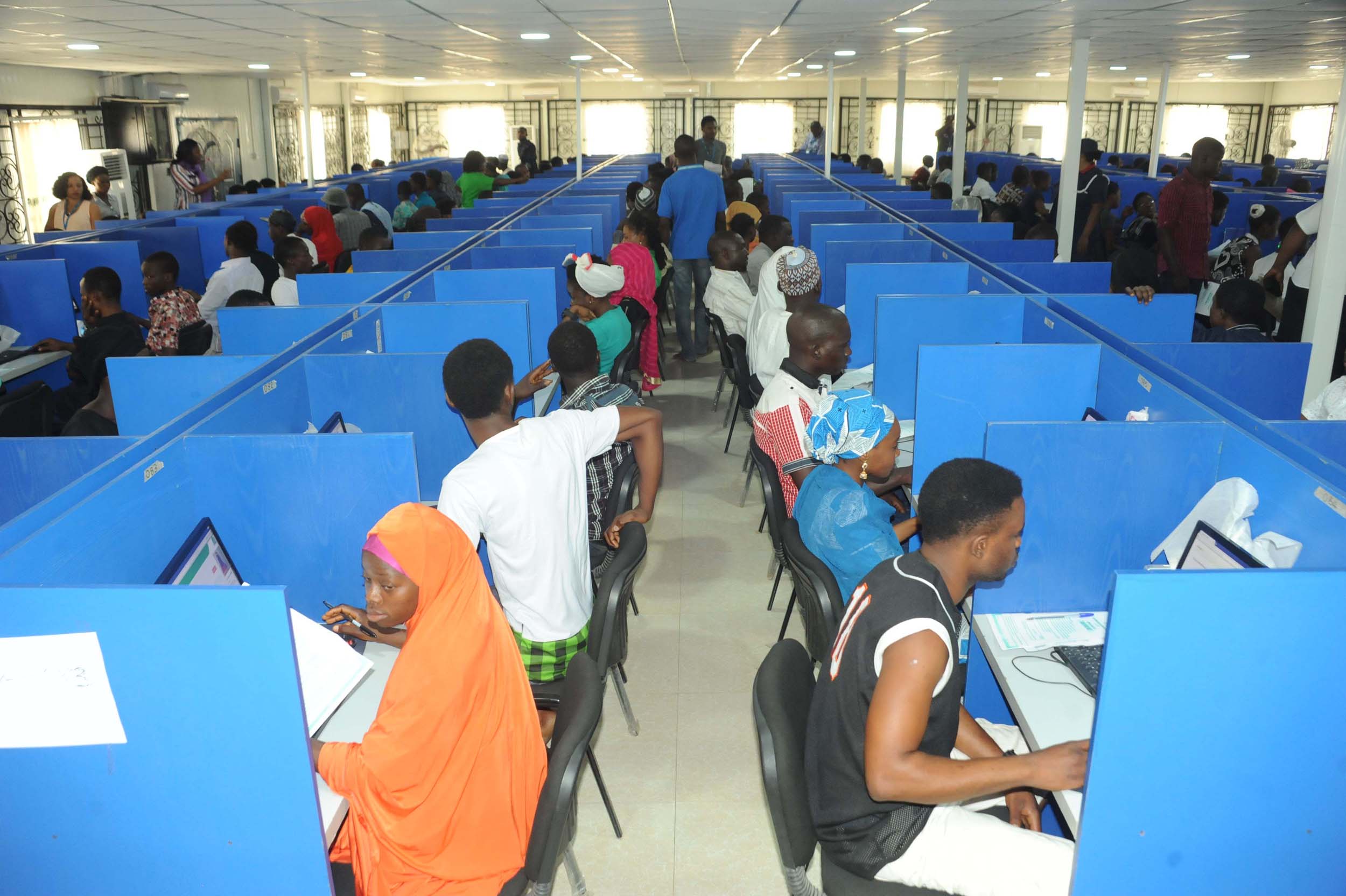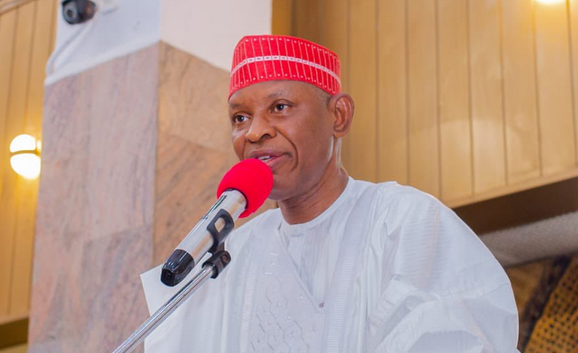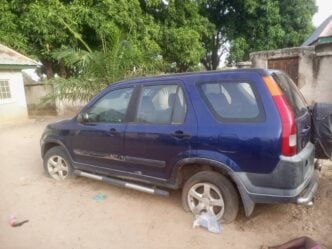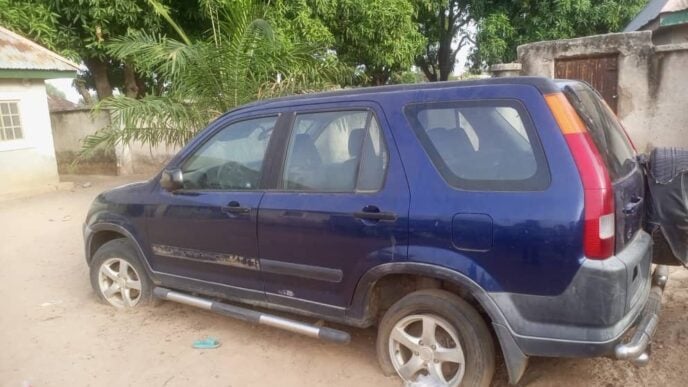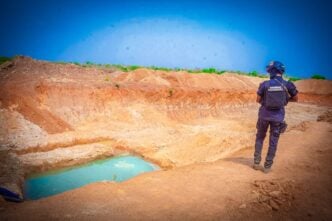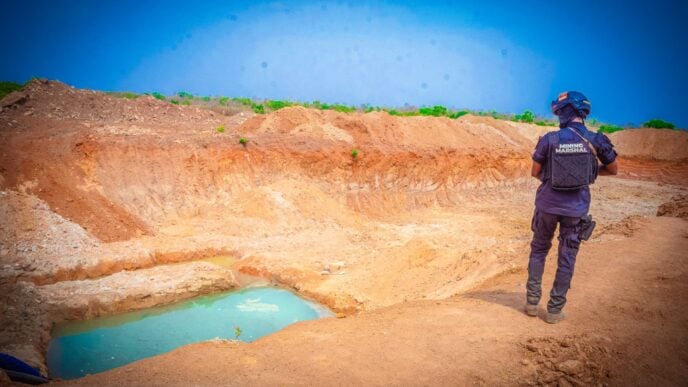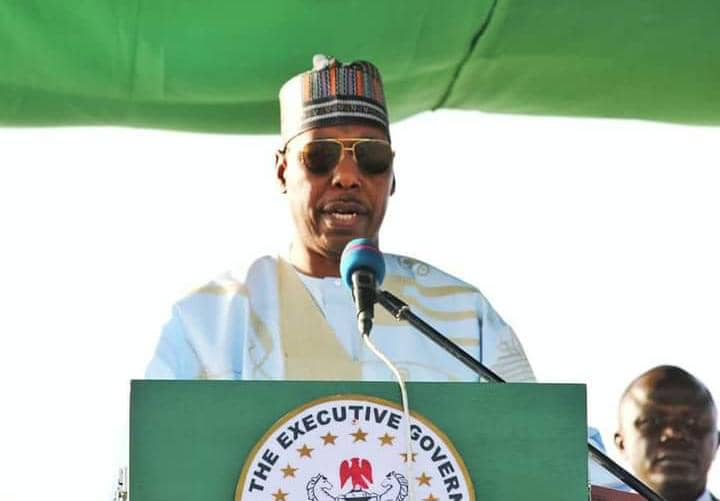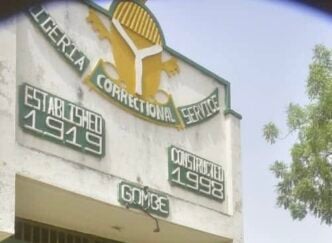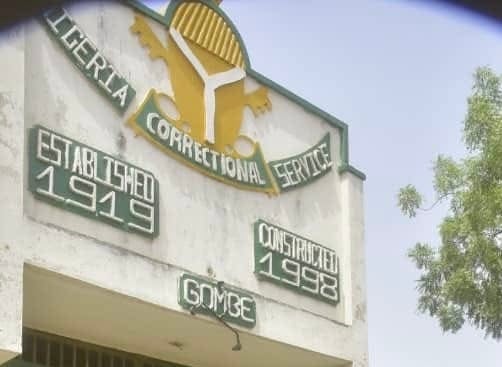Opeyemi Bamidele
Opeyemi Bamidele, leader of the senate, says Tunji Alausa, minister of education, provided free medical care for leaders of the National Democratic Coalition (NADECO) who fled Nigeria during the regime of Sani Abacha.
Bamidele, who represents Ekiti central in the senate, said Alausa also mobilised resources for the exiled chieftains between 1993 and 1999.
He spoke in Abuja during the inauguration of the governing council and principal officers of the Federal University of Technology and Environmental Sciences, Iyin Ekiti, Ekiti state.
NADECO, formed in May 1994, was the leading opposition group demanding an end to military rule and the restoration of the June 12, 1993 mandate of Moshood Abiola.
Advertisement
Bamidele said Alausa was undergoing his medical residency in the United Kingdom during the Abacha years and often stepped in to treat activists who sustained injuries while fleeing the country or from police crackdowns.
“This present honourable minister was one of the few people we relied on for many years when most of us fled our fatherland due to threat to our lives and families under the reign of the late tyrant,” he said.
“We were forced to different parts of Europe and the United States. Alausa was then a prosperous medical doctor in the United States. He provided hope for us.
Advertisement
“He provided resources for us. He provided much-needed medical care for us in exile. Some of the beneficiaries are alive. But some have gone home to be with God.”
The senate leader said some of the injured had to undergo surgeries abroad after being attacked with tear gas or chased during pro-democracy meetings.
He said Alausa coordinated with other medical professionals to assist those in need.
Bamidele added that when President Bola Tinubu became governor of Lagos in 1999, he offered Alausa a cabinet position in recognition of his service.
Advertisement
He said the education minister declined offers to be commissioner for health or education under Tinubu, saying he did not act out of any desire for political reward.
“Alausa told Asiwaju that he did not support the pro-democracy leaders because he wanted to be in government, but because he was obliged to support them,” Bamidele said.
He also disclosed that Alausa later facilitated free medical outreach programmes across the south-west when democracy was restored in 1999.
He said Alausa mobilised doctors from the diaspora to provide free surgeries, eyeglasses, and other healthcare services “without requesting payment from the government”.
Advertisement
Bamidele added that the current minister only accepted a role in Tinubu’s cabinet after “weeks of pressure” and reflection.
On March 24, Bamidele urged governments at all levels, corporate organisations, and philanthropists to invest more meaningfully in education.
Advertisement
The senate leader who spoke at the 29th convocation of Ekiti State University, said doing so is the key to producing global billionaires and world-class brands in Nigeria.
Advertisement
